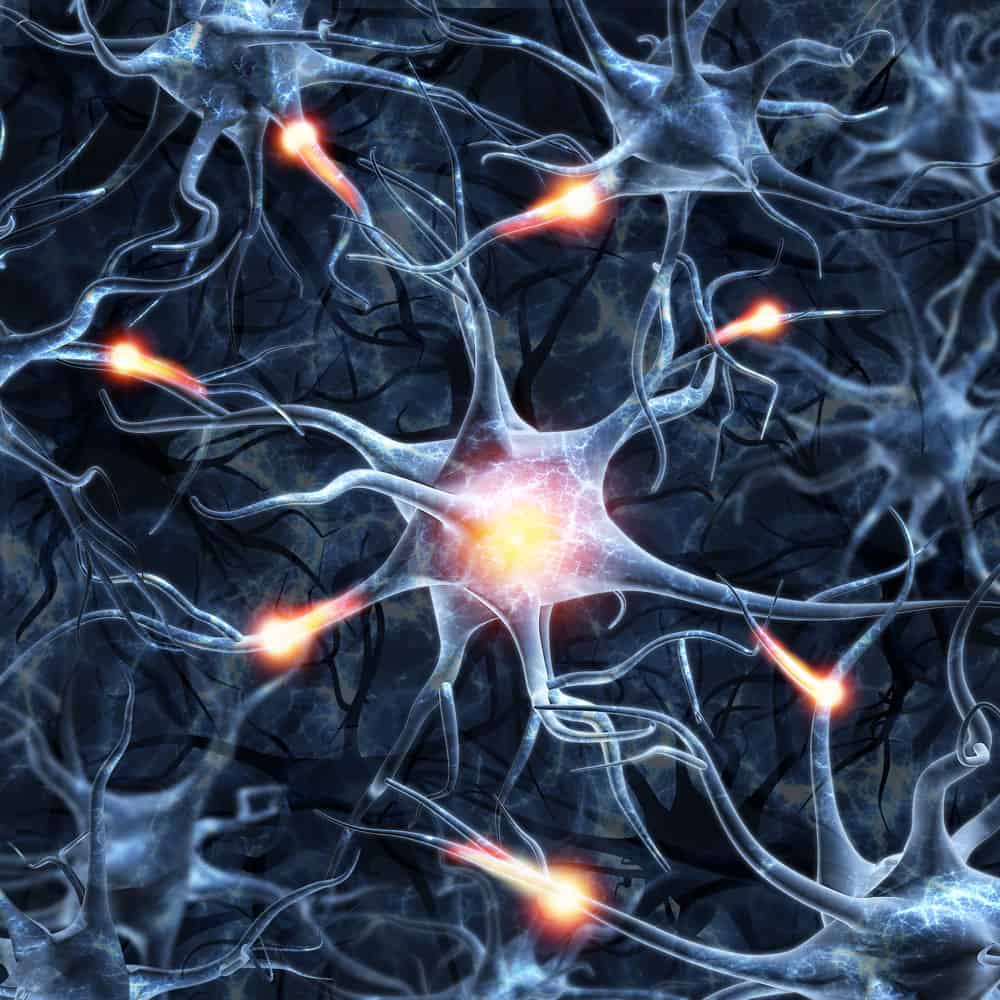It can be difficult to define a mental health disorder for a number of reasons.
For one thing, mental health disorders typically occur in groups. Anxiety’s comorbidity with depression (and vise-versa) is a commonly recognized phenomenon.
It can also be difficult to pinpoint exactly where mental health ends and where mental illness begins, which brings us to one of the biggest challenges of defining mental health disorders—defining mental health.
What Constitutes “Mental Health”?

Mental health is well-being in one’s mental, emotional, and social faculties. While this may seem vague, it can be more clearly defined by distinguishing mental suffering from a mental disorder.
We all feel anxiety, sorrow, and the rest of the sensations on the painful end of the emotional spectrum. This is natural. Thus, someone can feel a great amount of stress or sorrow without having a mental health disorder. If major work or family problems are causing someone stress, we wouldn’t say that person is in poor mental health—after all, these feelings are perfectly natural responses to these situations.
Mental health disorders, on the other hand, are conditions outside the bounds of healthy mental/emotional reactions, which chronically and negatively affect someone’s mood, behavior, and thinking.
Common Mental Health Disorders

- Chronic Anxiety—A condition in which one chronically feels unnecessarily high levels of anxiety.
- Major Depression—Marked by a chronic sense of sorrow, numbness, and anhedonia (difficulty or inability to feel joy).
- Bipolar Depression—A condition in which one swings between the low point of major depression to the highpoint of euphoric mania (sometimes marked by psychosis).
- Substance Abuse Disorder—The compulsive need to use drugs and/or alcohol, even at the expense of one’s health, finances, and relationships.
What Causes Mental Health Disorders

The causes of mental health disorders range from genetic to environmental, to a combination of both. Often, environmental conditions can trigger genetic potentials for mental health disorders.
In general, the following conditions can cause a mental health disorder:
- Genes and a family history of mental illness;
- Early life experiences like stress and abuse;
- Chemical imbalances in the brain;
- Traumatic brain injuries;
- Exposure to toxic chemicals or viruses, especially in utero.
How Mental Health Disorders Are Diagnosed

Mental and behavioral health centers typically diagnose mental disorders via psychological evaluation. Physical exams and lab testing are also diagnostic methods in which professionals may determine if your symptoms are being caused by another medical condition or a foreign toxin or virus.
How Mental Health Disorders Are Treated

Successfully treating mental health disorders means catering treatment to the individual’s condition, age, lifestyle, and particular needs.
Common methods of treatment include:
- Talk therapy;
- Individual and family counseling;
- Goal-oriented lifestyle changes;
- Medications created specifically for the given mental health disorder, sometimes in combination with other medications, at low-to-high dosages.
People typically benefit from a combination of the above-mentioned treatments, and often engage in regular counseling and therapy sessions along with medication that they receive from their pharmacy.
Treatment plans also typically change over time as progress is made. Medication levels can be adjusted up or down, or the medication itself may change, depending on a number of factors.






